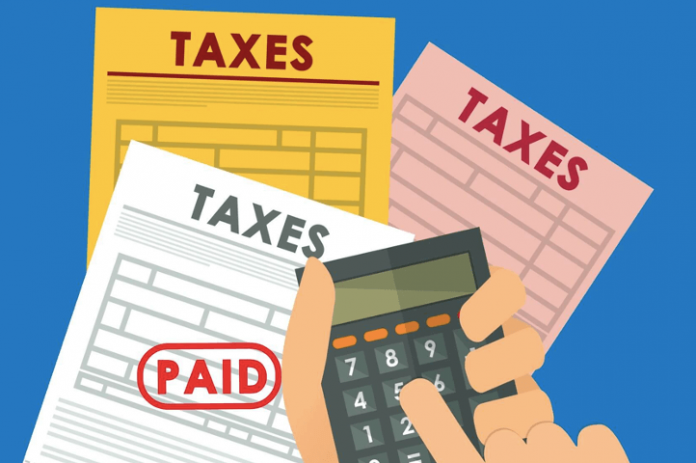We all know Europe as a major hub for investors with a deep interest in cryptocurrency. With agreeing to the fact that European countries today top the list for extensive cryptocurrency supply and trading, it’s smart to know whether you have to pay taxes on cryptocurrency in Europe or not.
The increasing use of cryptocurrency in day-day transactions has intrigued many governments and central authorities to interfere and impose taxes. Recently Africa became the prey to the taxation of cryptocurrency by SAARS and now Europe is the hot news in this regard. Who would have thought of crypto taxation even though it is free from any middle party intervention? But the sky-rocketing prices of crypto coins and immense profits made from them is an endanger to the finances of highly-developed countries.
Bitcoin-the trillion dollar crypto has always been the target and has already been taxed in many countries. As per bitcoinformula.net and other sources, many other countries are suspected to soon go under the strict legislations of IRS and foreign authorities. Perhaps, on one hand where taxation on cryptocurrency looks like a nightmare while on the other side, it can be useful to prevent illegal activities done through cryptocurrency. Whatever the case may be, here we will have a brief overview if Europe is already into taxation rules and how it has impacted the cryptocurrency culture in Europe.
- Europe has always been restricted to follow rules and regulations imposed by its government. Earlier in 2017, numerous countries from the EU had their European parliament set up and discussed if the taxation of cryptocurrency in Europe is required or not. Many of them addressed the anonymity user issue that most of the crypto enthusiasts feel is a plus point to do all the transactions without giving out any personal information. This concealment in identity while using crypto promotes illegal activities that can be very dangerous to any country.
- In the middle of 2018, a sudden increase in issues like cybercrime, money laundering, tax evasion, and terrorism were observed. As a result, numerous European countries faced miserable conditions due to their million-dollar loss that didn’t seem to be recovered as there‘s no certain place where the misused cryptocurrency settles down. So make sure to get in touch with your tax accountant for updated regulations in relation to crypto tax in your country.
- European countries have always been a step forward in many aspects due to their strong ISR authority that has a hawk-eye on every activity performed in the countries. However, the fact that cryptocurrency is just a mere digital currency that is independent of any system and works on a safe and efficient decentralized blockchain system was denied by the ISR. According to them, cryptocurrency is no longer an asset but a definitive property that should be taxed like other real estate in the country. And, it is mandatory for you to give accurate data of your crypto properties to the respective government of the country you reside in.
In light of the above statements, let us now discuss some rules and regulations that have been decided to consider when paying cryptocurrency taxes.
- Any cryptocurrency held over a year is not restrained to pay taxes.
- If you have a business that accepts bitcoin for paying then you are obliged to pay taxes.
- Having a revenue of private sales up to $654 is also applicable to tax in whatever circumstances.
Conclusion:
We cannot neglect the fact that cryptocurrency is not going anywhere and the government will undeniably keep interfering with it. Numerous countries have already been subjected to taxes on cryptocurrency while others are making strategies to avoid taxation as it will open a room for third parties to see all the transaction history and track your crypto performance with the profit makes.
Disclaimer: This article contains sponsored marketing content. It is intended for promotional purposes and should not be considered as an endorsement or recommendation by our website. Readers are encouraged to conduct their own research and exercise their own judgment before making any decisions based on the information provided in this article.


























![“Does Everyone Hear Me OK?”: How to Lead Virtual Teams Effectively iStock-1438575049 (1) [Converted]](https://www.europeanbusinessreview.com/wp-content/uploads/2024/11/iStock-1438575049-1-Converted-100x70.jpg)




